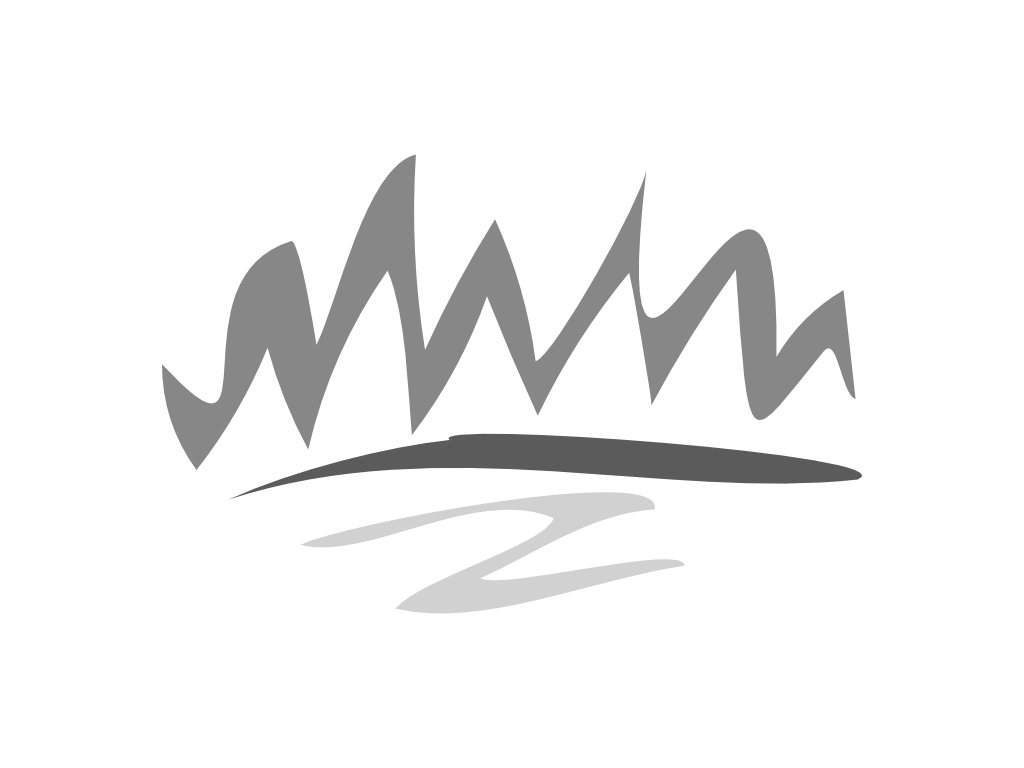
Forest Practices Board Releases Results of Coastal Streams Investigation
Victoria - The Forest Practices Board today released the results of its special investigation into forest planning and practices near streams in coastal areas of British Columbia. The report concludes that forest practices near streams have improved since the Forest Practices Code was created. The disturbance of streams by logging has reduced significantly since the late 1980’s and early 1990’s.
"This was a very rigorous and detailed investigation and I am confident that the results accurately reflect the current state of forest practices near streams on the coast of B.C," said Board Chair, Keith Moore. "The improvements can be attributed to a number of factors including Code requirements, and an increased awareness of the need to protect streams and adjacent areas."
The investigation found high levels of compliance with most Code planning and practices requirements. However, there is still room for improvement to stream classification and forest practices, near small streams in particular.
Nearly 25% of streams were incorrectly classified — mainly small fish streams. The incorrect classification led to harvesting of trees in of a number of reserve zones that should have been left standing to protect the streams. It also led to the inappropriate depositing of woody debris in some streams.
The Code also sets out practices that are recommended, but are not required, to protect streams and riparian areas. These recommendations were generally followed for larger streams, but were not used as often on small streams.
The Board has made specific recommendations to government and industry on how to further improve forest practices in streams and riparian areas.
The Forest Practices Board is an independent agency, established in 1995, that provides reports to the public and government about compliance with the Code and the achievement of its intent. The undertaking of special investigations of forest planning and practices is one of its roles. Other important responsibilities include audits, investigation of complaints from the public, special reports, and participation in administrative reviews and appeals.
Forest Practices Board
1-800-994-5899
